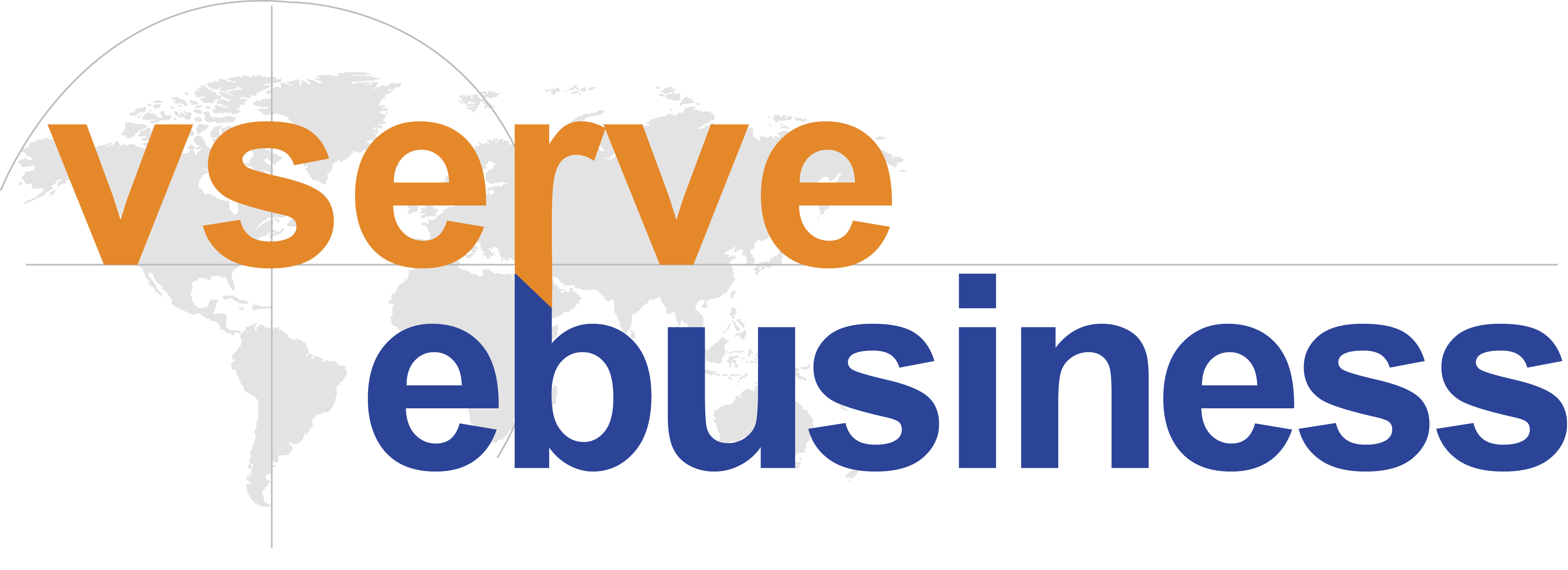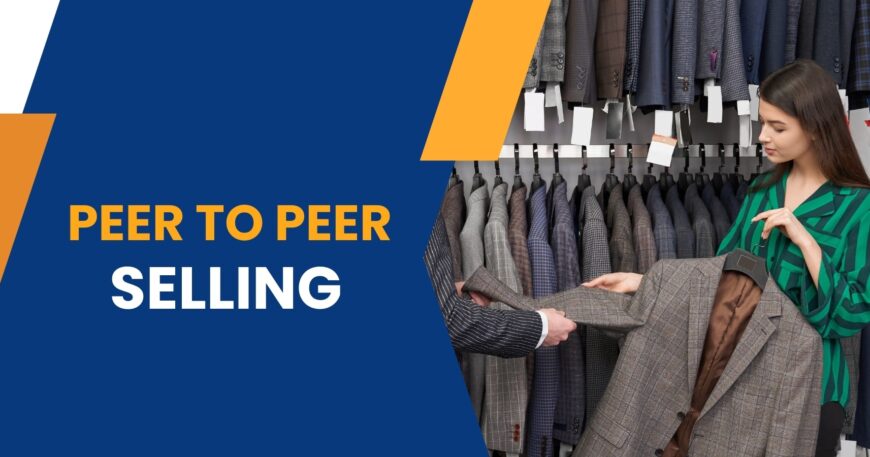In the labyrinth of today’s fashion industry, a new path has been carved, leading to a landscape where sustainability, accessibility, and community intersect. This path is peer-to-peer (P2P) fashion and its increasing popularity is reshaping how we view, acquire, and interact with our wardrobes.
As an avid observer and participant, I’ve watched peer to peer selling of fashion evolve from a niche concept to a mainstream phenomenon. Here’s why everyone’s talking about it and why you should, too.
Table of Contents
![]()
Understanding Peer-to-Peer Fashion
Peer to peer selling, at its core, is about individuals selling or renting items directly to other individuals. This bypasses traditional retail intermediaries, offering a more personal and direct transaction experience. In fashion, this translates to a vibrant ecosystem of online marketplaces and platforms where anyone can sell, buy, or rent clothing and accessories.
The Rise of Online Resale and Rental Marketplaces
- What is peer to peer selling? It’s a model that empowers individuals to become sellers or renters of their items, facilitating transactions directly with buyers or renters.
- Peer to peer selling platforms have transformed how we think about ownership and consumption. Examples include Depop, Vinted, and Rent the Runway, each offering unique angles on peer-to-peer fashion.
The Appeal of Peer-to-Peer Fashion
Sustainability and Conscious Consumerism
One of the most compelling reasons for the surge in peer to peer selling of fashion is its alignment with sustainable practices. By encouraging the reuse and recycling of garments, these platforms are helping reduce the fashion industry’s environmental impact.
Accessibility and Diversity
Peer-to-peer marketplaces democratize style, offering access to a wide range of products that cater to diverse tastes and sizes, often at more affordable prices than retail.
Community and Connection
These online resale marketplaces foster a sense of community, where users can share styling tips, offer feedback, and connect over shared fashion interests.
The Economic Impact of Peer-to-Peer Fashion
Are Online Marketplaces Profitable?
Yes, and here’s how:
- They often take a commission from sales or rentals, creating a revenue stream.
- Additional services, like premium listings or promotional features, further monetize the platform.
How do online marketplaces make money?
- Commission on transactions: A percentage of each sale or rental goes to the platform.
- Subscription fees: Some platforms offer enhanced features for a subscription fee.
- Advertising: Hosting ads for brands or services related to their audience.
Navigating the World of Online Fashion Marketplaces
With many options available, choosing the right peer to peer marketplace platform can seem daunting. Here are some considerations:
- Which online marketplace is best? It depends on your needs. Depop is great for vintage and streetwear, Vinted offers a wide range of everyday wear, and Rent the Runway is perfect for high-end rental.
- Can you name any online marketplaces? Beyond the ones mentioned, there’s Poshmark, The RealReal, and Grailed, each catering to different niches within the fashion industry.
The Future of Peer-to-Peer Fashion
As technology advances and consumer values evolve, the peer-to-peer fashion landscape is poised for further growth. Innovations in platform functionality, payment security, and sustainability practices will likely attract even more participants to this burgeoning economy.
Peer to Peer Rental Marketplaces
Peer to peer rental is a segment within this ecosystem that’s gaining significant traction. It offers the thrill of wearing unique, high-end, or designer pieces without the commitment of a full purchase, aligning perfectly with the shift towards more flexible and conscious consumption habits.
The Strategic Edge of a Personal Website in Peer-to-Peer Fashion
Even within the thriving ecosystem of peer-to-peer fashion, the importance of having your own online website cannot be overstated for business owners. This strategic asset complements your marketplace presence by offering unique advantages:
- Brand Identity and Control: Your website is a canvas for your brand’s story, free from the layout restrictions and branding of marketplace platforms, allowing for a distinct brand identity.
- Enhanced Customer Experience: Unlike the uniform experience on marketplace platforms, a personal website can offer tailored shopping experiences and direct communication channels, fostering deeper customer engagement and loyalty.
- Increased Profitability: Direct sales through your website bypass marketplace commission fees, potentially improving profit margins. It also allows for a wider range of product offerings, including exclusive items or collections not suited for peer-to-peer marketplaces.
- Marketing and SEO Benefits: A website provides opportunities for higher search engine visibility through SEO, driving traffic and sales. It is also a central hub for integrating and tracking marketing campaigns across various channels.
- Data Insights for Strategic Decisions: Owning your website allows access to valuable customer data and insights, essential for refining your marketing strategies and product offerings based on customer behavior and preferences.
- Risk Mitigation and Independence: With policy changes and fee adjustments being a risk on third-party platforms, having your website ensures continuity and control over your business operations and customer interactions.
Fortunately, Vserveecommerce is a premier provider of e-commerce solutions. We are poised to empower you with the tools to construct a formidable online presence. Collaborating with us enhances your peer to peer selling of fashion venture. Thus, granting you a strategic edge in cultivating a resilient, sustainable, and expansible online business.
Key Takeaways
Our exploration into peer-to-peer selling highlights its role in shaping a more sustainable, inclusive, and digitally connected fashion industry. Here are three key insights:
- Sustainability and Community: Peer to peer marketplace platform promotes eco-friendly practices and builds strong fashion communities.
- Digital Expansion: Utilizing online marketplaces and a personal website, like those developed by Vserve Ecommerce, enhances your brand’s reach and identity.
- Innovation and Resilience: Combining peer-to-peer selling with a robust online presence ensures your fashion venture is adaptable and sustainable.
We’ve touched on the significance of embracing peer-to-peer fashion and the strategic advantage of incorporating e-commerce solutions. Join the conversation in the comments, or connect with us on Facebook, Instagram, and LinkedIn for more insights into leveraging e-commerce for your business.








